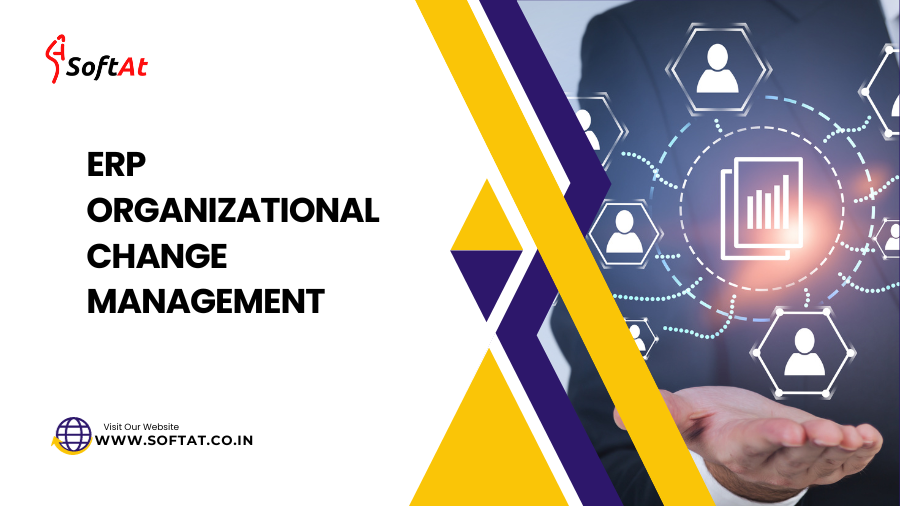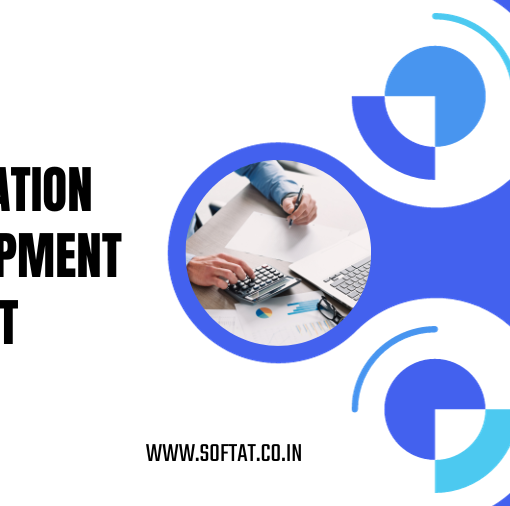In the dynamic world of business, implementing an Enterprise Resource Planning (ERP) system is not just a technological upgrade; it’s a transformative journey that involves significant organizational change. This article aims to unravel the complexities of ERP organizational change management, providing insights into the critical factors that pave the way for a successful transition.
Understanding ERP Organizational Change: A Holistic Overview
Decoding the Acronym
ERP, standing for Enterprise Resource Planning, is a comprehensive software solution designed to integrate and streamline various business processes.
Organizational Change Dynamics
Exploring the profound impact of ERP implementation on organizational structures, workflows, and employee roles.
Challenges in ERP Organizational Change: Overcoming the Hurdles
Resistance to Change
Addressing the natural resistance that often accompanies significant changes within an organization and strategies to mitigate it.
Communication Breakdowns
Navigating the challenges of effective communication during the ERP implementation process to ensure clarity and understanding.
The Role of Leadership: Guiding Through Change
Visionary Leadership
The pivotal role of leadership in establishing a clear vision for the change and inspiring confidence among team members.
Providing Support and Resources
Ensuring that the necessary resources, whether in the form of training or additional personnel, are provided to support the change.
Customizing ERP Solutions: Tailoring for Success
Adapting ERP to Organizational Needs
The importance of customizing ERP solutions to align with the unique needs and processes of the organization.
User Involvement in Customization
Involving end-users in the customization process to enhance user acceptance and satisfaction.
Training Programs: Empowering the Workforce
Comprehensive User Training
Investing in thorough training programs to equip employees with the skills needed to operate within the new ERP framework.
Continuous Learning Culture
Fostering a culture of continuous learning to adapt to updates and changes in the ERP system over time.
Measuring Success: Key Performance Indicators (KPIs) in ERP Organizational Change
User Adoption Rates
Assessing the speed and level of user adoption to gauge the success of ERP organizational change.
Operational Efficiency Improvements
Measuring the enhancements in day-to-day operations and workflows post-ERP implementation.
The Future of ERP Organizational Change: Trends and Innovations
AI and Predictive Analytics Integration
Exploring how artificial intelligence and predictive analytics are shaping the future of ERP systems and organizational change.
Enhancements in User Experience
Understanding the focus on improving the user experience to make ERP systems more intuitive and user-friendly.
Conclusion: Embracing a Culture of Evolution
In conclusion, ERP organizational change management is not merely a project; it’s a cultural shift that requires strategic planning, effective leadership, and continuous adaptation. By addressing challenges head-on, involving users, and fostering a culture of learning, organizations can navigate ERP implementation with success.
Frequently Asked Questions (FAQs)
- Q: How long does it take to implement ERP organizational change?
- A: The timeline varies based on the size and complexity of the organization, but it typically ranges from several months to a year.
- Q: How can organizations address resistance to change during ERP implementation?
- A: Strategies include clear communication, leadership support, and involving employees in the decision-making process.
- Q: Is it necessary to customize ERP solutions for every organization?
- A: Yes, customization ensures that the ERP system aligns with the unique needs and processes of each organization.
- Q: What role does leadership play in the success of ERP organizational change?
- A: Leadership is crucial in providing direction, inspiring confidence, and ensuring that resources are allocated effectively.
- Q: How often should organizations update their ERP systems to stay current?
- A: Regular updates are essential to leverage new features, enhance security, and stay aligned with technological advancements.
You may be interested in:





